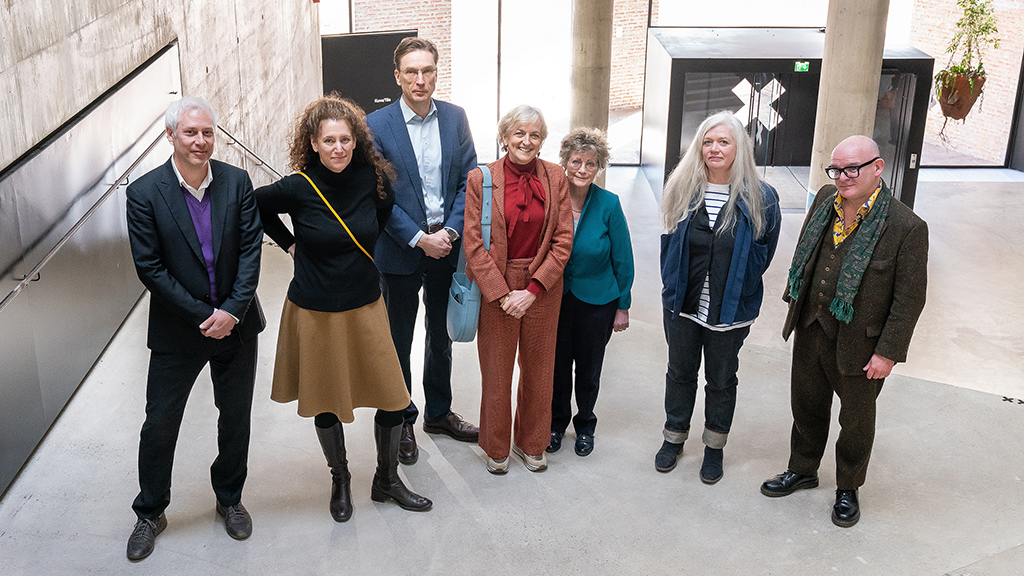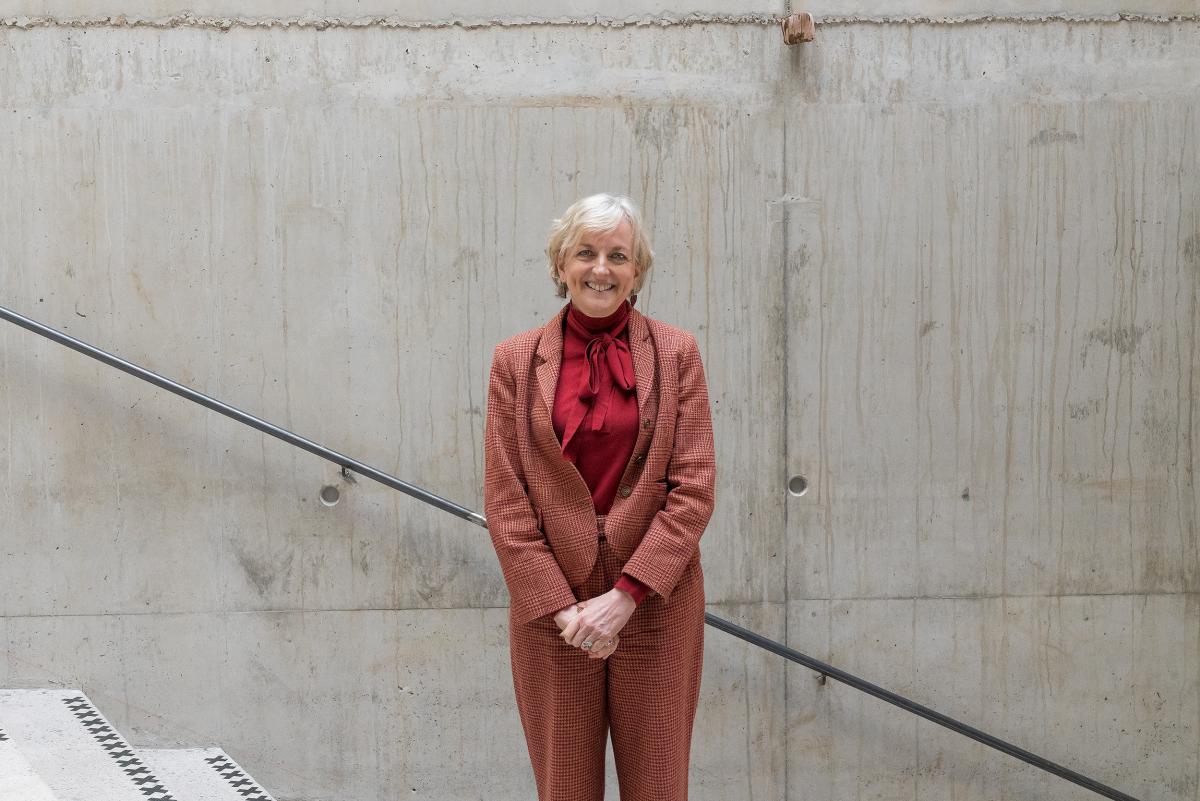An international panel assesses Uniarts Helsinki’s research activities
An international research assessment panel visited Uniarts Helsinki and carried out interviews and got to know the university’s facilities. The assessment report will be completed by autumn 2022.

Uniarts Helsinki is currently undergoing its first-ever research assessment. Research assessments are part of normal operations at science universities, but when it comes to arts universities, assessments that focus on the research of the whole university are rare even in international contexts.
“The assessment will provide important information on the current status of the university’s research as well as recommendations on concrete measures that will help in the development of the university’s research activities,” says Vice Rector Jaana Erkkilä-Hill.
In Finland, the Universities Act obligates universities to assess their research activities. The aim of the research assessment is to examine Uniarts Helsinki’s research activities that have been carried out in 2015–2020.
A strong, international reputation
The assessment will be carried out by an international panel with seven members, who visited Uniarts Helsinki at the end of March. The panel interviewed the rector, vice rectors and academy deans of Uniarts Helsinki, as well as representatives of Uniarts Helsinki’s research in various stages of career.
The chair of Uniarts Helsinki’s assessment panel is Vice Rector, Professor Reine Meylaerts from the University of Leuven in Belgium. Meylaerts is an experienced and sought-out expert for assessments. In June, she will return to Finland as the chair of a research assessment to be carried out at Tampere University.
“It’s useful to have experience, but comparisons with other universities shouldn’t steer the assessment. It’s important to have an open, but a critical approach to each object of assessment,” Meylaerts notes.
Because the assessment process is still underway at the time of the interview, Meylaerts chooses her words carefully. The assessments and recommendations compiled by the panel will be ready for internal use in April.
Meylaerts does confirm, however, that Uniarts Helsinki has a strong, international reputation especially in the field of artistic research.
“But that is not what we assess; we assess the overall organising of research activities and the research environment.”

Photo: Petri Summanen
A university that is both atypical and typical
Meylaerts’ own home base, the University of Leuven, was founded in the 15th century. Uniarts Helsinki, on the other hand, has existed for less than ten years.
“Uniarts Helsinki is different from many other universities due to its young age and by being a university that is focused solely on the arts. Then again, I see a lot of similarities with many other European universities and with Leuven in terms of various processes and problems, too.”
The panel toured the Sörnäinen and Töölö campuses and visited various research and teaching facilities ranging from the metal workshop in Mylly to recording studios at the Helsinki Music Centre. The members also had the chance to have informal discussions with doctoral candidates, teaching staff and students.
Meylaerts compliments Uniarts Helsinki’s facilities and finds the architecture inspiring.
“It’s essential to see the premises, it’s very beneficial for the assessment.”
According to Meylaerts, the members of the panel did not know each other beforehand, which she found a good thing.
“The assessment has been a good experience. We have received all the information needed and now we just hope that we can be useful for the university. The goal is that the report will inspire Uniarts Helsinki to develop its research activities further instead of being some document that just gathers dust on a shelf.”